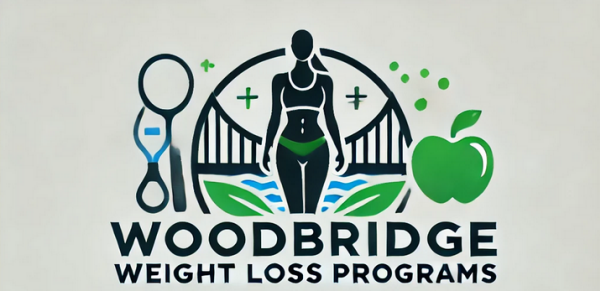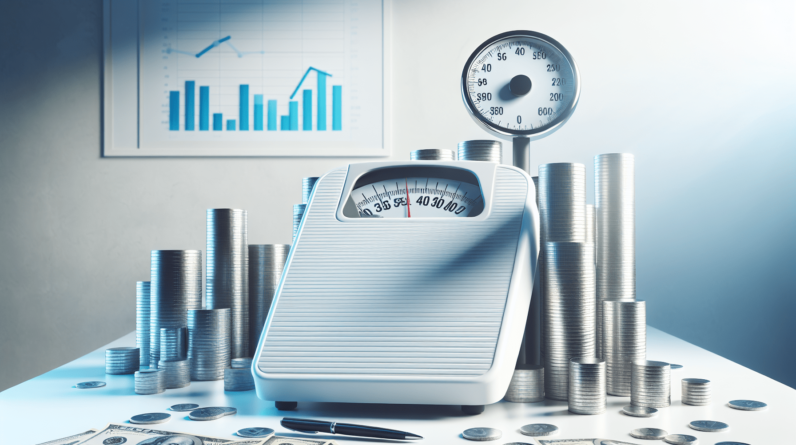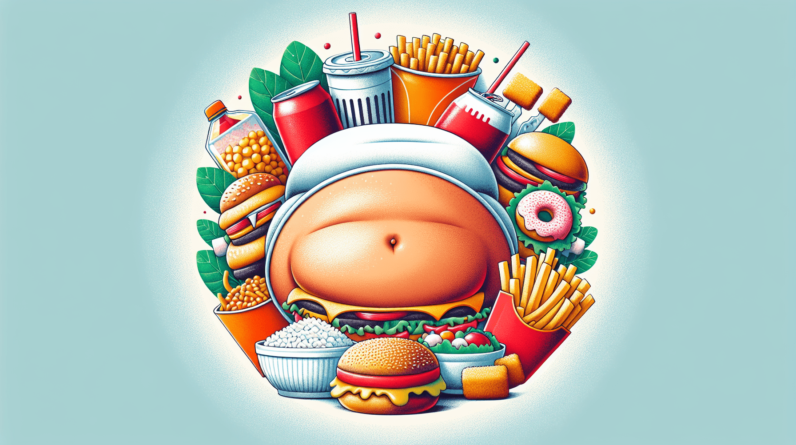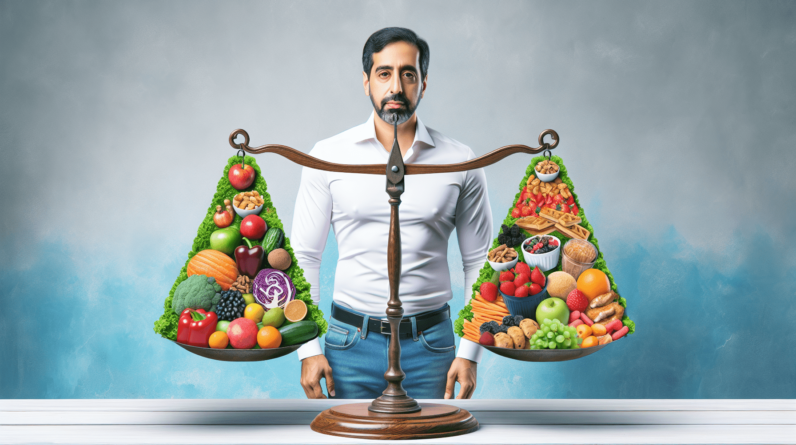
You’re likely familiar with the common notion that shedding extra pounds becomes more challenging as the years go by, especially once you hit the big 3-0. This article, “Is It Harder To Lose Weight After 30?” delves into the factors that contribute to this widespread belief. You’ll discover the roles that metabolism, muscle mass, and lifestyle changes play as you age. Additionally, you’ll gain practical insights and strategies for navigating weight loss with a more mature body and metabolism. Get ready to debunk the myths and empower yourself with knowledge to achieve your fitness goals, regardless of age. Is It Harder To Lose Weight After 30?
Have you ever wondered if losing weight gets more challenging after you hit the big 3-0? If so, you’re not alone. Many people feel like their bodies are working against them as they age, especially when it comes to shedding those extra pounds. Let’s dive into this topic and explore whether it really is harder to lose weight after you turn 30 and what you can do about it.
Learn More About Losing Weight After 30
The Metabolism Slowdown
Understanding Metabolism
Your metabolism is the complex process by which your body converts what you eat and drink into energy. Simply put, it’s your body’s engine, and like any engine, it goes through some wear and tear over time.
Metabolic Rate Changes After 30
Once you reach 30, your metabolic rate begins to decline gradually. On average, you might burn 1-2 percent fewer calories each decade post-30. This reduction may seem minor, but it can definitely add up, making weight loss a bit trickier.
Table: Average Caloric Burn
| Age Range | Average Calories Burned (Per Day) |
|---|---|
| 20-30 | 2,000-2,500 |
| 30-40 | 1,950-2,475 |
| 40-50 | 1,900-2,450 |
Combating a Slower Metabolism
While a slowing metabolism might sound like bad news, it’s not a cause for despair. You can still rev it up through various means like regular exercise, especially strength training, which builds muscle and boosts your basal metabolic rate (BMR).
Hormonal Shifts
Hormonal Changes with Age
Your hormones are another factor to consider. Around age 30, levels of certain hormones begin to change, often to your weight loss detriment. For instance, lower levels of estrogen in women and testosterone in men can contribute to weight gain.
The Role of Hormones in Weight Management
Hormones such as leptin, insulin, and cortisol play key roles in weight regulation. When these hormones are out of balance, you might experience increased hunger, cravings, and fat storage.
Managing Hormonal Imbalances
Good news: Hormonal imbalances can be managed! A balanced diet, adequate sleep, and stress management can help keep these hormones in check. Consulting a healthcare provider for personalized advice can also be beneficial.
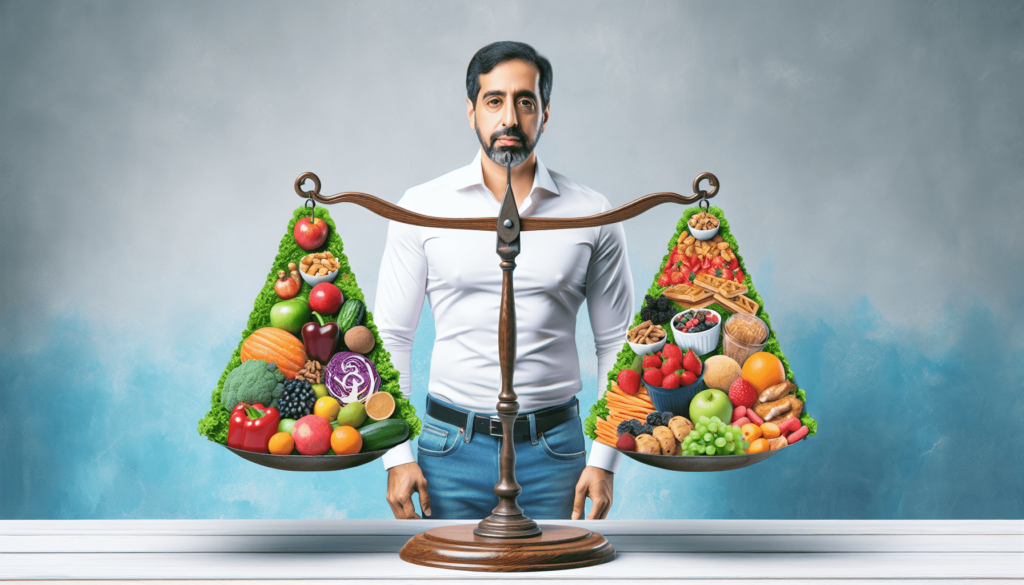
Discover Tips For Weight Loss After 30
Lifestyle Factors
Increasing Responsibilities
By the time you hit 30, life gets busier. You might find yourself juggling a job, family, and social obligations, leaving less time for exercise and meal preparation.
Stress and Sleep
Increased responsibilities can also mean higher stress levels and less sleep. Both stress and sleep deprivation can contribute to weight gain. Cortisol, the stress hormone, not only triggers hunger but also encourages fat storage. Similarly, lack of sleep disrupts the hormones that regulate hunger and appetite.
Table: Effects of Stress and Sleep on Weight Gain
| Factor | Impact on Weight |
|---|---|
| High Stress | Increased appetite, cravings for high-fat and sugary foods |
| Lack of Sleep | Lower leptin (fullness hormone), higher ghrelin (hunger hormone) |
Finding Balance
Balancing work, family, and personal time is challenging but essential. Simple strategies like setting a regular sleep schedule, practicing mindfulness, and prioritizing physical activity can make a significant difference.
Nutritional Considerations
Dietary Habits Post-30
As you age, your dietary needs change. What worked for you in your 20s might not cut it in your 30s. A nutrient-dense, balanced diet becomes even more critical for weight management and overall health.
Quality Over Quantity
Focus on quality rather than quantity of food. Opt for foods rich in vitamins, minerals, and fiber. Whole grains, lean proteins, and a variety of fruits and vegetables should make up the bulk of your diet.
Portion Control
Paying attention to portion sizes is another effective strategy to manage your caloric intake. This doesn’t mean you have to count every calorie but rather be mindful of how much you’re eating.

Physical Activity
Importance of Regular Exercise
Regular physical activity is indispensable for weight management at any age but becomes even more crucial as you hit 30. Exercise not only helps you burn calories but also improves overall physical and mental health.
Types of Beneficial Exercises
Cardiovascular Exercise
Aerobic activities like running, swimming, and cycling are excellent for burning calories and improving cardiovascular health.
Strength Training
Lifting weights or doing body-weight exercises like push-ups and squats can boost your muscle mass, which in turn increases your BMR.
Flexibility and Balance
Don’t neglect flexibility and balance exercises such as yoga and Pilates. These activities enhance your range of motion and reduce the risk of injury.
Creating a Routine
The key is finding a routine that fits your lifestyle and sticking to it. Aim for at least 150 minutes of moderate aerobic activity or 75 minutes of vigorous activity per week, alongside muscle-strengthening activities on two or more days a week.
Psychological Aspects
Mental Barriers
After 30, you might also wrestle with mental barriers that can affect your weight loss journey. These could range from a lack of motivation to feelings of discouragement if results aren’t immediate.
Overcoming Mental Hurdles
Knowing that weight loss becomes slightly more challenging can arm you with the patience and resilience needed to stay committed. Setting realistic goals and celebrating small victories can keep you motivated.
Support Systems
Having a support system also boosts your weight loss efforts. Friends, family, or even online communities can offer encouragement and shared strategies.
Myths and Misconceptions
Myth: Metabolism Tanks Dramatically at 30
Many people believe that metabolism drops off dramatically at 30, but the truth is it’s a gradual decline.
Myth: It’s Impossible to Lose Weight After 30
While it may be harder, it’s far from impossible. Awareness and minor adjustments can make a significant difference.
Fact: Lifestyle Changes Are Effective
Despite the obstacles, lifestyle changes like a healthy diet and regular exercise remain effective strategies for weight loss post-30.
Practical Tips for Weight Loss After 30
Customize Your Diet
Tailor your diet to meet the metabolic and hormonal changes happening in your body. Focus on nutrient-dense foods and balance your macronutrients.
Stay Hydrated
Drinking enough water aids metabolism and helps you feel full, reducing the likelihood of overeating.
Prioritize Sleep
Make sleep a non-negotiable part of your routine. Aim for 7-9 hours of quality sleep per night.
Manage Stress
Employ stress-reduction techniques like yoga, meditation, or even simple breathing exercises.
Be Consistent
Consistency is key. Find what works for you and stick to it, even on the days when motivation is lacking.
Seek Professional Advice
Sometimes, getting expert advice from a nutritionist, personal trainer, or healthcare provider can provide you with a tailored approach to weight loss.
Conclusion
So, is it harder to lose weight after 30? The straightforward answer is: Yes, it can be. Your metabolism slows down, hormones may go out of balance, and life often becomes busier. However, harder does not mean impossible. With a more focused approach that includes a balanced diet, regular exercise, adequate sleep, and stress management, you can certainly achieve your weight loss goals. Remember, it’s all about making sustainable lifestyle changes that work for you. Stay positive, stay committed, and most importantly, be kind to yourself on this journey.
